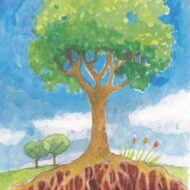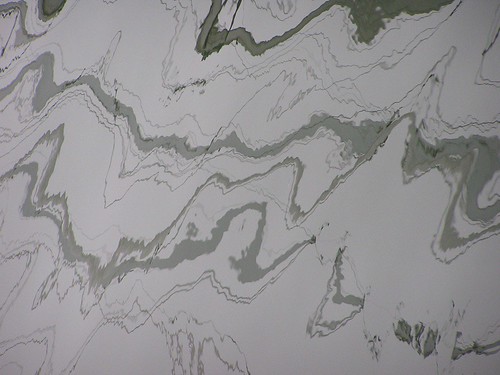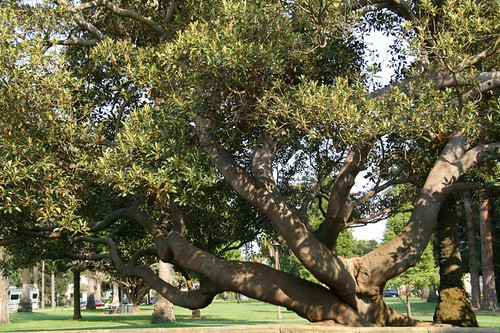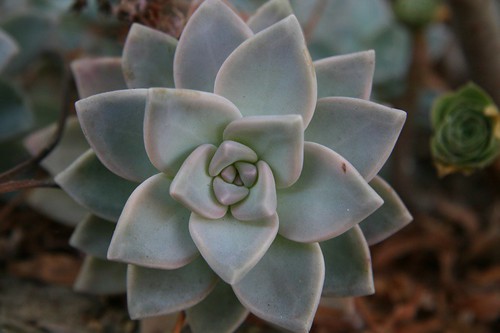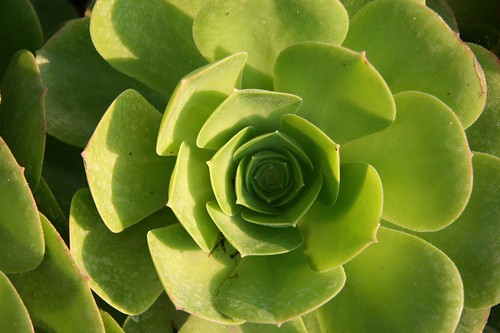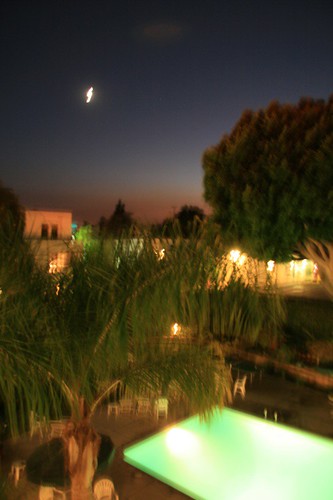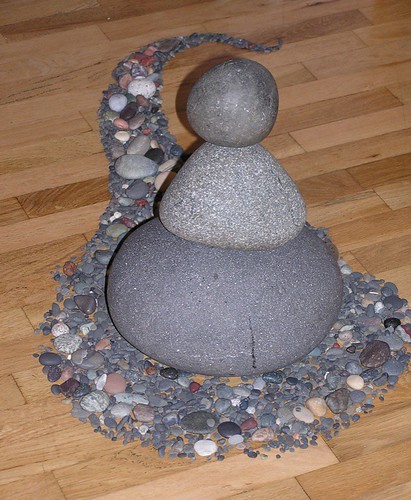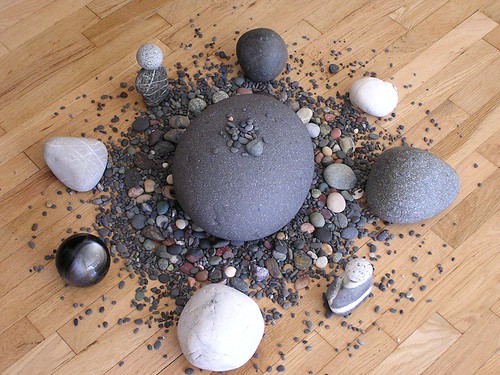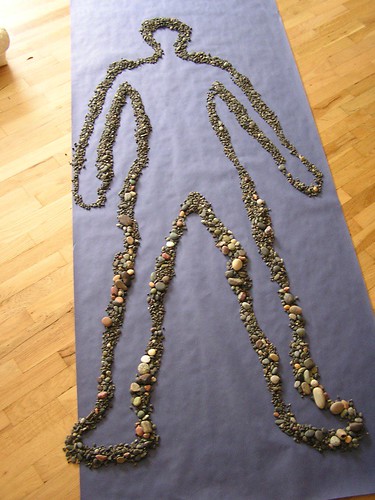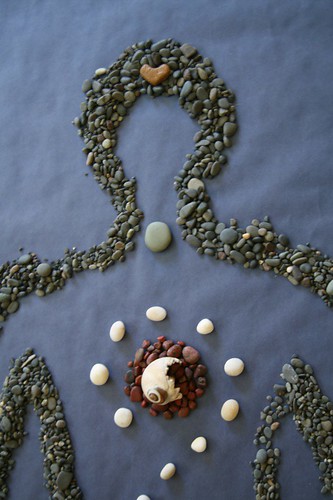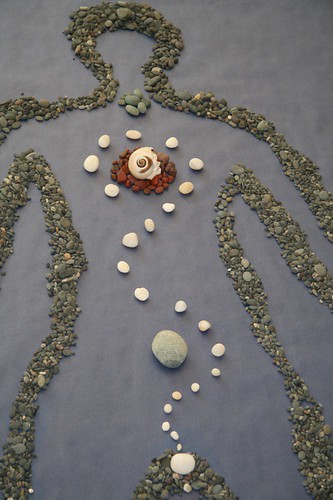I‘ve been on quite a fascinating journey lately… and on Sunday I sense that I am opening into a whole new world, an expressive whirl of life emerging through and blossoming as this being who is me, this human instrument I am blessed to be.
I will be participating in a 2-week Gestalt Play Therapy training with Violet Oaklander, a well-known and creative pioneer in the field of child and adolescent psychotherapy, specifically gestalt play therapy. After that I get to travel with family and then spend a few days connecting and co-creating with some GiGis (girl geeks) and Open Space friends. Wooo huuu!
I’m currently rereading Violet’s book, Windows to Our Children, and buzzing with the excitement and passion I generally experience when I really sink into gestalt theory and feel how aligned it is with my own ways of seeing and experiencing life, development, relating, relationships,and how we change. I’m guessing that this training will be incredibly significant for my work with children and school communities, all my other work with humans, and my own personal ways of being and relating in the world. Here are some clips from the book that have me sparking.
“As we grow older we often “give our eyes away.” We begin to see ourselves and our worlds through other people’s eyes, like the populace in the story, “The Emperor’s New Clothes.” We adults encourage children to give their eyes away. We say, “Don’t stare!” or “What will they think of us!” (referring to what others see us doing). We worry about how our children dress and appear to others.
Part of reowning one’s eyes involves the awareness and strengthening of self, the ability to find comfort and familiarity with the self, trust one’s self.” (Oaklander)
Ahhhh…. seeing through our own eyes and our own experiencing. Letting go of being controlled by perceptions of others, perceived perceptions of others, projections, assumptions and expectations. Opening into comfort and familiarity with self, trusting self, listening deeply, being authentically.
Violet continues,
“Many things get in the way of seeing besides imagining what people think and feel. One of these is jumping into the future rather than staying in the present. (Ashley blinks and grins. Guilty.) Often we spoil pleasurable sights and experiences by our worry about what might come next. We may look at a beautiful sunset, straining to catch every glimpse before it sinks into the horizon. That very straining, a sort of holding on, detracts from the pleasure of seeing the beauty of the moment. This kind of hanging on is universal.”
Grasping… another proud smile… I know that one!
In my work with groups, I am particularly interested in exploring and utilizing various modalities of expression to harvest and communicate some of the elements that emerge in our time together. Amy and I have been talking about this and dreaming a bit into our visit. Amy writes:
We’ve been talking about doing some deep work together to access and express some conversational creativity during the time she’s here. We’ve been talking about exploring “ritual art” – putting ourselves into different environments (the mountain, the beach or the bay, on the porch, :-) etc.) listening deeply into the field for what is calling to us, and then responding with our full selves, playing in conversations without words – exploring movement, sound, technology, stones, leaves, whatever is there, as the medium for our conversation with life and our own nature.
I’m sure you can see a plethora of places where this passage inspires me and connects into what is on my mind and in my heart these days. More from Violet:
“Throughout this book I write about giving the child experiences that will bring her back to herself, experiences that will renew and strengthen her awareness of those basic senses that an infant discovers and flourishes in: sight, sound, touch, taste, and smell. It is through these modalities that we experience ourselves and make contact with the world. Yet somewhere along the line many of us lose full awareness of our senses; they become hazy and blurred and seem to operate automatically and apart from ourselves. We come to operate in life almost as if our senses, bodies, and emotions don’t exist — as if we are nothing but giant heads, thinking, analyzing, judging, figuring things out, admonishing, remembering, fantasizing, mind-reading, fortune-telling, censoring. Certainly the intellect is an important part of who we are. It is through our intellect that we talk to people, make our needs known, voice our opinions and attitudes, state our choices. But our minds are only one part of our total organism that we own and need to take care of, cultivate and use. Fritz Perls often said, “Lose your mind and come to your senses.” We need to respect those other parts of ourselves that have so much power and wisdom for us.”
Just like the poem from Henri Nouwen that Mike shared:
“Listen with attention and care to the voices speaking in [your] own center.”
 Here is a photograph taken by Alexander Joe/AFP/GETTY IMAGES of “Former South African President Nelson Mandela celebrating his 89th birthday at the Nelson Mandela Children’s Fund in Johannesburg.”
Here is a photograph taken by Alexander Joe/AFP/GETTY IMAGES of “Former South African President Nelson Mandela celebrating his 89th birthday at the Nelson Mandela Children’s Fund in Johannesburg.”